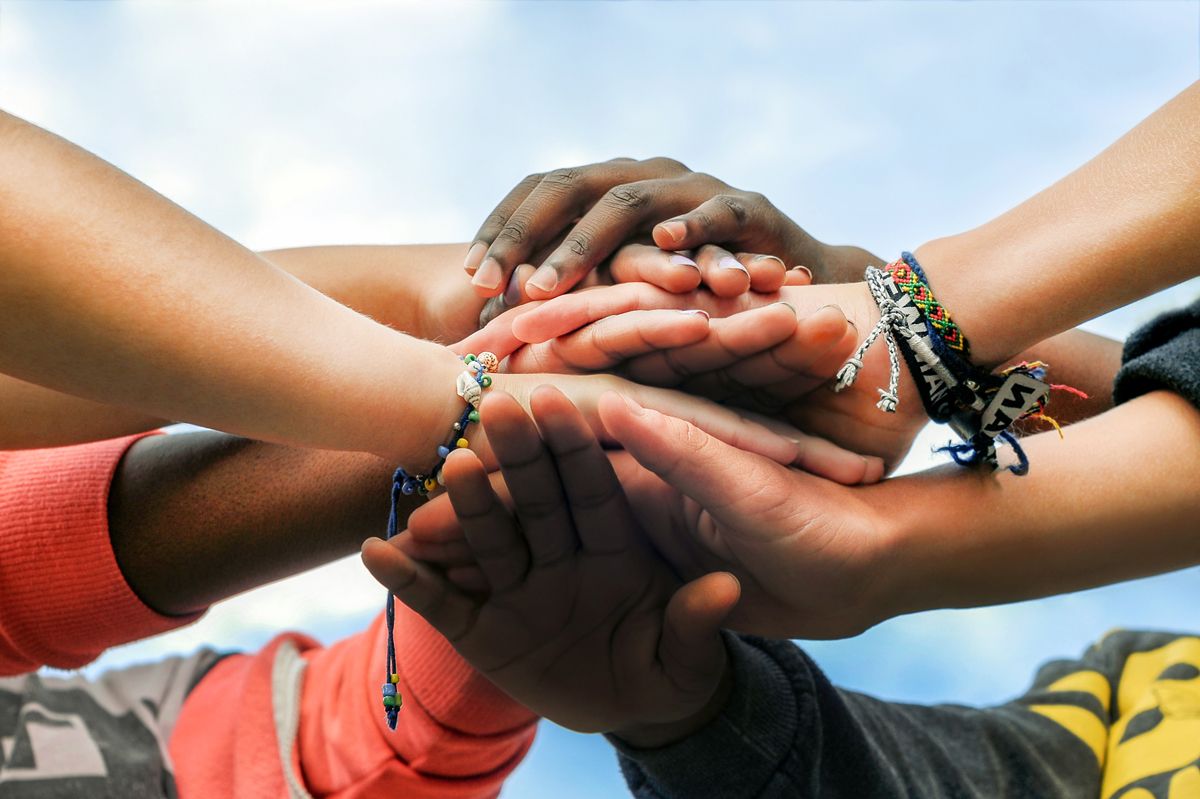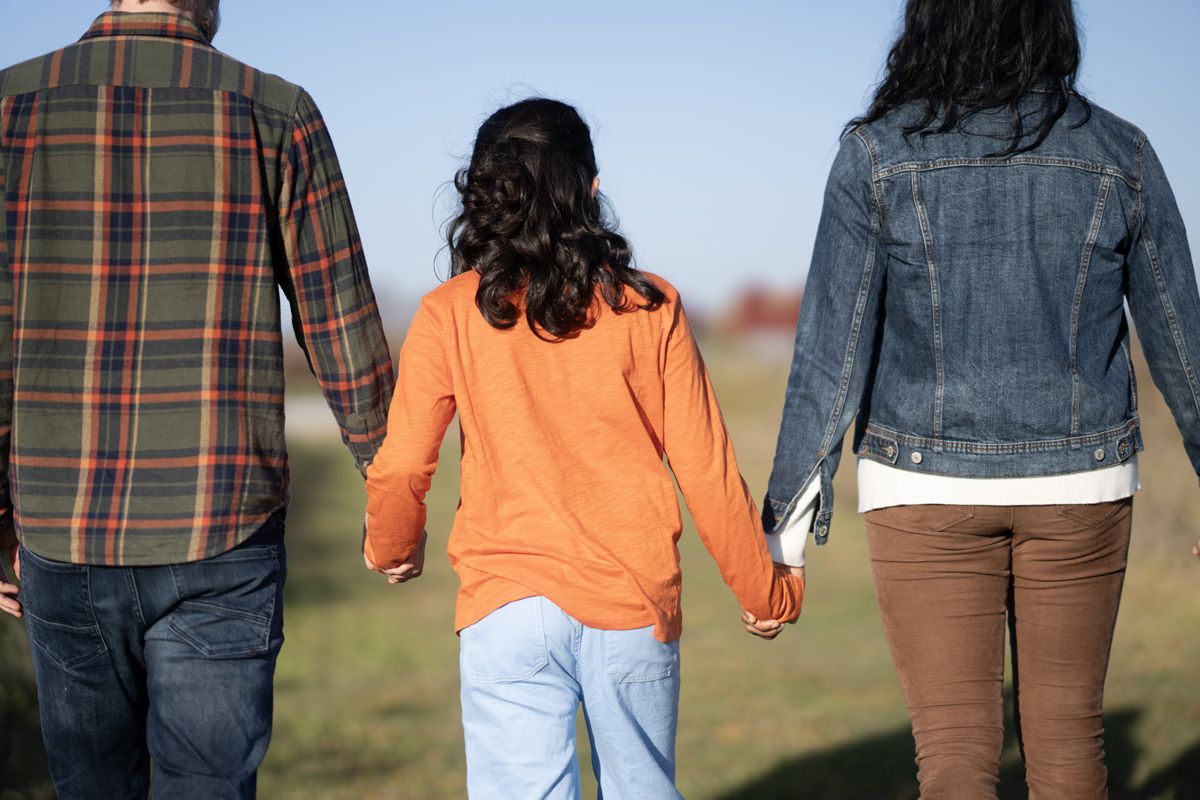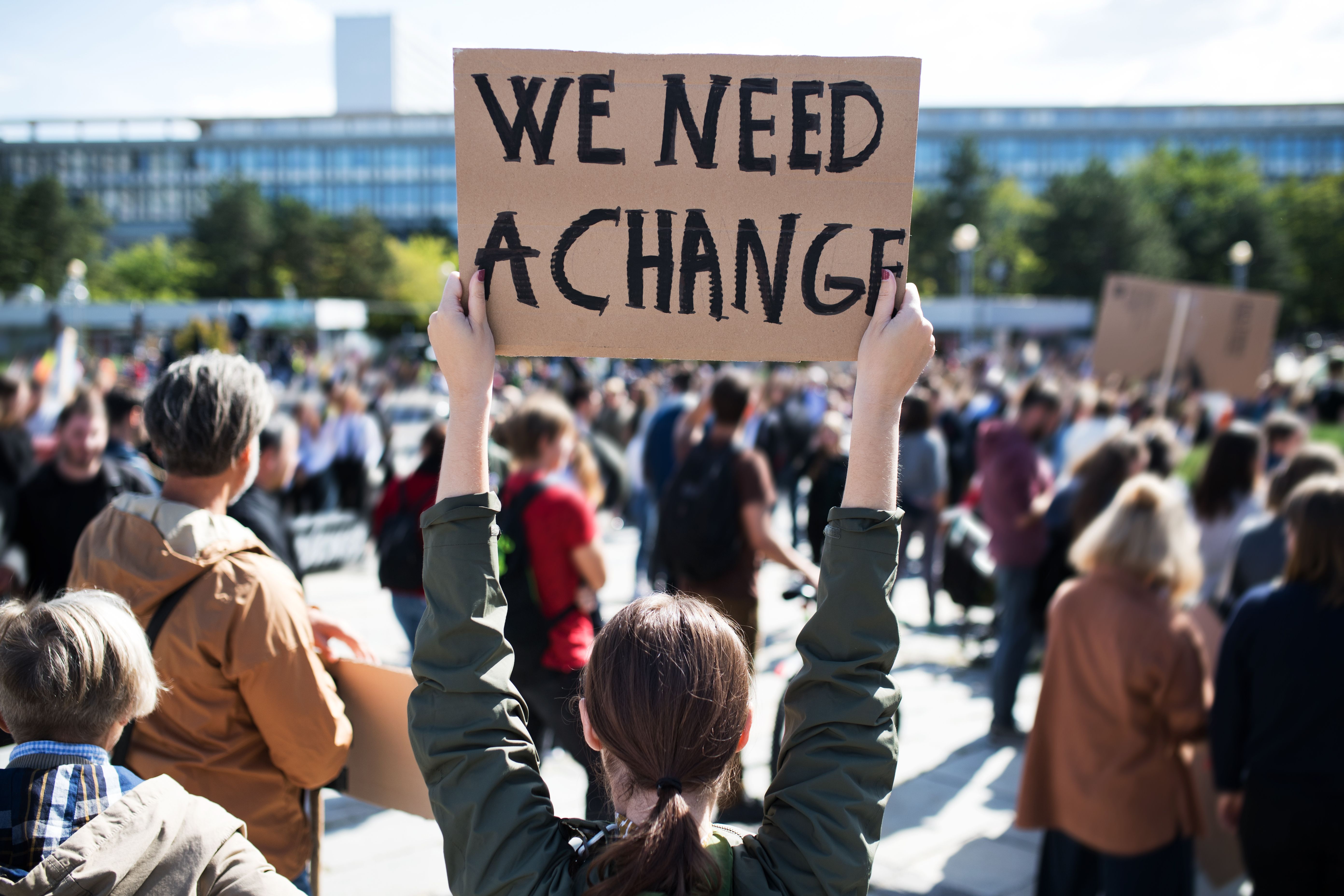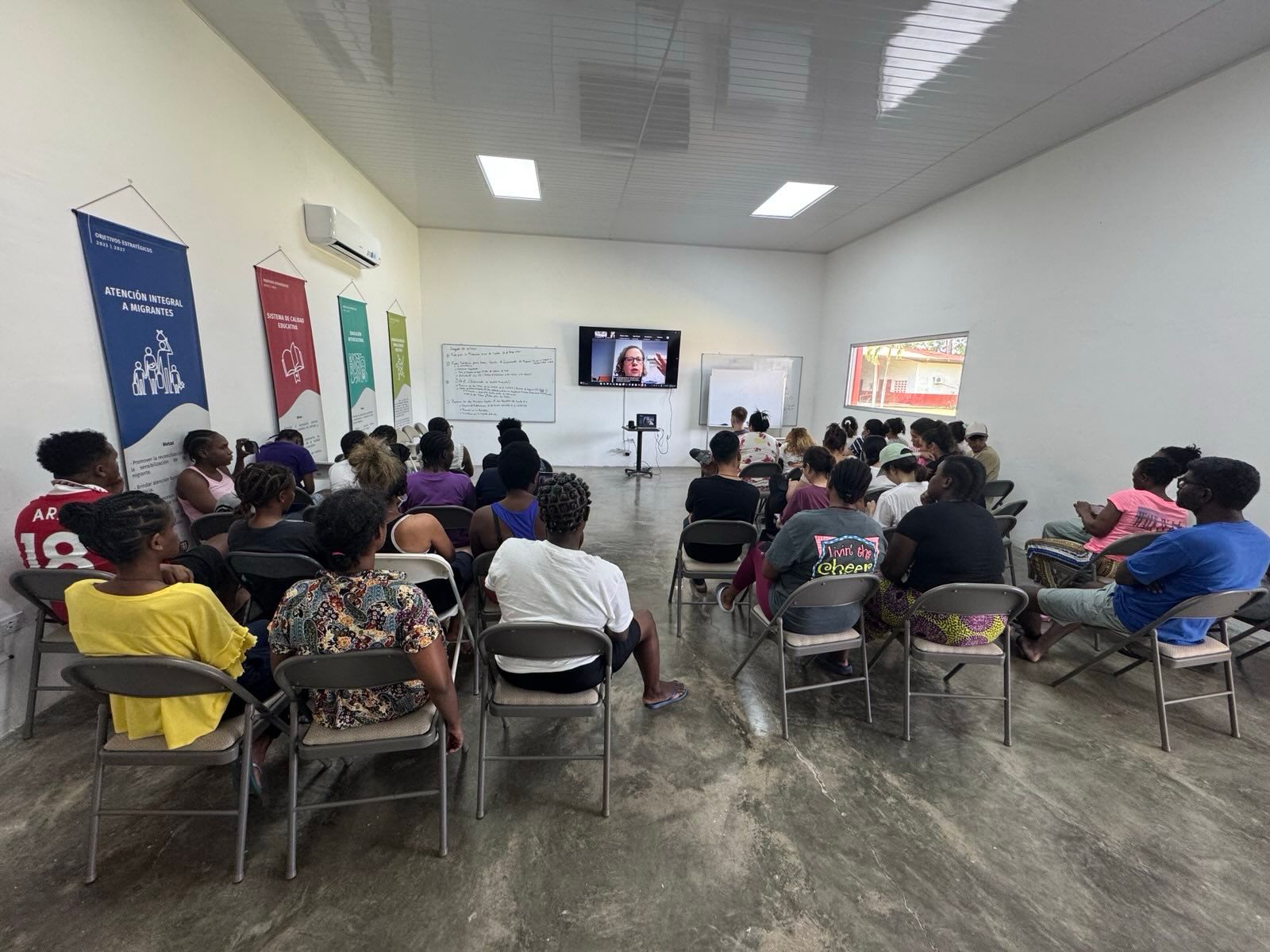What we do
We use the power of people and the law to change lives. We support our growing membership to advance the rights of displaced communities worldwide in five key ways:

Community-Building
We build community by connecting those who are fighting for refugee and migrant rights. We empower them to share knowledge, coordinate efforts and effect change.

High-Impact Legal Cases
We provide technical assistance on high-impact cases around the world that set precedents and positively impact thousands of lives.

Strategic Advocacy
We coordinate strategies to bring the right cases and advocacy that will raise the bar on refugee and migrants’ rights across borders and for future generations.

Capacity-building trainings & workshops
We build the capacity of our members to implement strategies and tackle new challenges through training and workshops.

Amicus Interventions
We intervene as amicus in courts across the world to encourage the progressive development of international law relating to displacement worldwide.

Resources
We develop cutting-edge resources to support our members to effectively advocate for displaced communities.
Thematic priorities
To drive global collaboration and maximize our collective impact, members of the Council have identified key thematic priorities for targeted Council support. Explore our thematic priorities below:

Detention Process & Conditions
Click on the question to read the answers

Legal status and lawful stay
Click on the question to read the answers

Climate Displacement
Click on the question to read the answers
What is detention?
- Where governments hold a migrant or refugee because of their status as a non-citizen.
- People can be held in dedicated immigration detention centers, but also prisons, police stations, airports, hotels, ships and makeshift camps. They are generally unable to leave these locations without risking arrest and deportation.
What does the law say about the use of detention practices?
- International law says that detention should only be used as a last resort. Liberty should be the default and detention should only be used after exploring non-custodial, community-based alternatives to detention (ATD) in each case.
- There are additional protections to severely restrict the detention of children.
What is happening in reality?
- The use of unnecessary, and frequently mandatory and indefinite, immigration detention remains prevalent. Many countries have no limit on how long people can be imprisoned in immigration detention.
- Globally, millions of refugees, asylum seekers, and migrants are at risk of arbitrary or unlawful immigration detention each year in conditions falling below international standards.
- The Global Detention Project estimates that detention has been used for immigration-related purposes in approximately 100 different countries over the last decade.
- More than 80 countries around the world still detain children.
- At least 330,000 children are deprived of their liberty every year around the world based on their or their parents’ status (possibly a significant under-estimate).
The Council is focused on:
- Ending the Detention of children (including family detention)
- Conditions of detention (including medical care)
- Access to legal counsel
- Advocating for Alternatives to detention to become the norm, as required by international law.
What is legal status?
Legal status determines whether an individual is authorized to enter, stay, and engage in certain activities (such as work or study) in the host country.
What does lawful stay imply in terms of migration?
Legal permission granted by a host country for an individual to reside within its borders for a specified period of time under specific conditions.
Rights at stake
Education
- Bangladesh does not allow Rohingya children to attend public schools
- Only 5% of the world’s refugees access higher education compared to a global average of 39% for non-refugees
Employment
- 62% of refugees live in countries with restricted access to employment in practice
Financial integration
- 75% of refugees live in countries where legislation does not recognize UNHCR or government-issued ID as a valid document to open a bank account
Permanent residency or citizenship in host countries
- (GCC) countries (Saudi Arabia, the United Arab Emirates, Qatar, Kuwait, Bahrain, and Oman); South Korea; Singapore; Malaysia; and Russia are amongst the countries with no pathways to citizenship for refugees.
Family Unity
- In 58% of countries (examined by MGI data) being reunited with family members is not possible for all migrants.
What are pushbacks?
Pushbacks are the measures taken by states to ultimately reject people trying to cross their borders (sometimes violently) without access to a procedure or international protection.
- So far this decade, approximately 50,000 people have experienced pushbacks at Europe's borders. Since 2014, more than 4,000 fatalities have been recorded annually on migratory routes worldwide.
- Drowning was the main cause of death during migration globally (60%) in the past decade.
- The deadliest land crossing on record is the maritime route from West Africa to the Spanish Canary Islands and across the Sahara Desert crossing (6,204 people last decade).
What is climate displacement?
- Climate displacement refers to the involuntary movement of people as a result of extreme weather events (e.g. floods, fires), slow onset events (e.g. desertification, drought) and/or other adverse impacts of climate change (e.g. availability of resources, impacts of the climate change on livelihoods).
What does the law say about climate-displaced people?
- Many countries do not recognise people displaced by climate as refugees.
- They are often treated as voluntary migrants and as a result have not been afforded similar protections to other refugees and migrants, including the right not to be forcibly returned.
What is happening in reality?
- The reality is that climate emergencies are increasing and those affected are fleeing danger.
- According to the UN, over the last decade weather events have displaced an average of 21.5 million people per year. That's twice as many as those who've fled violence and conflict.
What is the Council focused on?
- Supporting our members and regional networks with individual cases and regional strategies to recognise and advance the rights of climate-displaced communities.
- Ensuring the voices of those displaced by climate change are centered in litigation and advocacy efforts across the world.
- Developing a comprehensive global Climate Displacement Case Database hosting litigation related to climate displacement to help civil society fight for climate justice.
Latest impact

A Climate Dimension: Practical Steps for International Protection Claims
This webinar interrogated the practical steps and direct legal solutions and pathways for migrants who have protection needs with a climate dimension to their claim.
View more
Amicus Brief on Non-Refoulement, Complementary Protection & Family Unity
Colombia Constitutional Court of ColombiaThis amicus brief outlines Colombia’s obligation to assess an asylum seeker’s risk before expulsion to uphold the principle of non-refoulement. It emphasizes the duty to act in the best interests of the child and prevent unjustified interference with family life, which would disproportionately harm the children involved.
View more
Amicus Brief regarding delays in the Colombian asylum procedure, violations of due process, and asylum-seekers’ right to work
Colombia Constitutional Court of ColombiaThis amicus curiae argues that Colombia's denial of work rights to asylum seekers violates international law, including obligations under the Refugee Convention and ACHR. It highlights systemic delays, discriminatory treatment, and the risk of de facto refoulement, urging Colombia to ensure timely processing of claims and equal access to employment.
View more